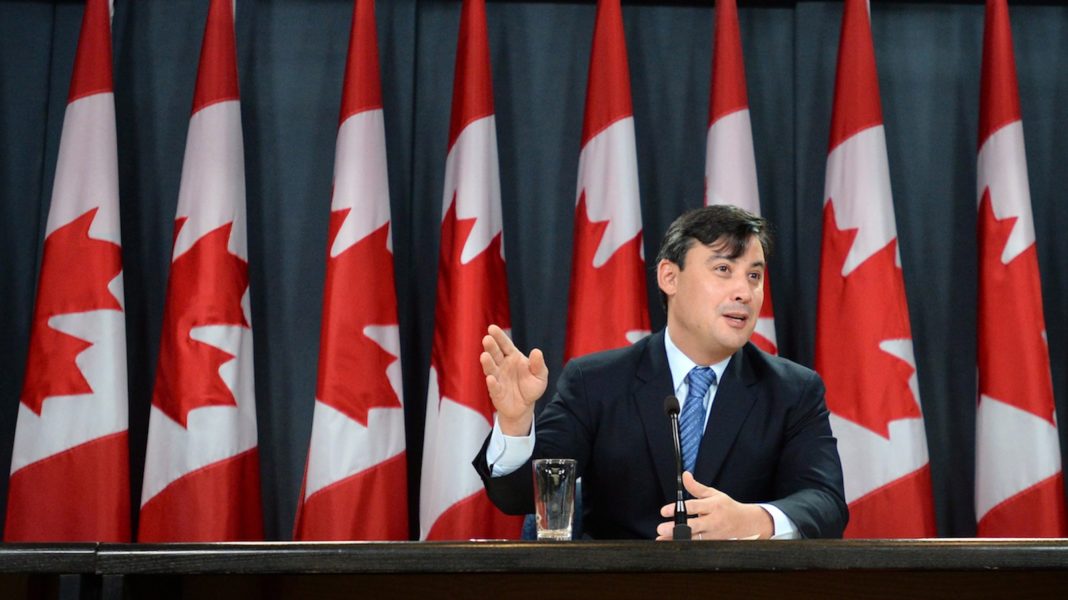Written by Mark Coffin
Originally published in the Globe and Mail on December 4th, 2013.
The House of Commons is one of the most expensive and least entertaining theatres in all of Canada. It was designed to be a deliberative space. Instead, our house has become a theatrical one. Political parties write most of the scripts and most MPs play the role of a mere extra or supporting actor. The plot is formulaic and predictable. Michael Chong’s private members bill, the Reform Act, might just change that.
The best we can hope for at this moment is that the positions a party takes in parliament come from thoughtful deliberation at caucus. The worst we can expect is that party positions are decisions made by leadership and presented to MPs at caucus meetings, before roles are assigned and lines fed to various MPs.
Chong’s bill would restore power to MPs and make them more accountable to their constituents at the same time. In a country known to have the strictest party discipline in the world, the bill would mean that Canadian party leaders would no longer be able to use their MPs as a legislative shield for their own bidding. At the same time, the expectations we hold for our own Members of Parliament – to influence decisions of caucus, and break ranks when their gut tells them to do so – could increase.
The Reform Act would give caucus MPs the power to remove a sitting leader with a simply majority vote, and the vote could be triggered if just 15% of caucus asks for one. Only caucus could decide if a fellow MP could enter or be expelled from caucus. Finally, leaders would no longer have the power to reject and appoint local candidates during elections, giving MPs who wish to run one less reason to defer to their leader.
Curiously, under Chong’s bill, local riding associations could also refuse to run any candidate at all. For instance, local members could decide to support a consensus progressive candidate, as MPs Nathan Cullen, Joyce Murray, and Elizabeth May have advocated for.
Critics say that since the leader is elected by the general membership of a party, the elected MPs should not be able to undo that decision. But once in parliament, elected MPs are accountable first to Canadians, specifically the constituents that each represents.
As head of government, the Prime Minister is accountable only to parliament, and governs only with their continued confidence. A leader’s legitimacy to lead a caucus in parliament – be it government or opposition – should be possible only with the continued confidence of that caucus since it is they who are accountable to Canadians, and since it is the caucus which ultimately executes the party’s work in parliament.
Despite any inclination a party’s general membership has to advance the public interest of Canadians, they are only ever accountable to themselves. This party’s membership is useful in electing a leader, a process that ought to be as broad and inclusive as there are people who identify with party values, and one that sets the general direction of the party. But, the membership is not very effective at mid-journey course corrections.
In our system, MPs themselves are the only ones in a position to make course corrections. Because they are accountable to Canadians and are also present in parliament, MPs have the ability to examine more closely the performance of party leaders than the general membership ever could.
Chong’s proposal is simple: make everyone, every member of caucus, including the leader, fully accountable to caucus. All MPs are equal, the leaders just happen to come first, until the caucus decides they shouldn’t anymore.
Before parliament can become a deliberative space again, party caucuses must be guided by rules that create the conditions under which MPs feel deliberation is possible without demotion, and where leaders have a reason to listen to them. Chong’s bill would do exactly that.
And, since the most basic level of formal engagement with Canadian politics is to elect a member of parliament, empowering that member to be more effective is one of the most necessary moves to restore faith in the democratic process and entice citizens to get involved in every level of it.
In supporting this bill, parliament would be opening the door for more meaningful debates on issues that aren’t as black and white as party talking points suggest. It would also make it safe to have more open discussions on fixing parliamentary democracy. This fixes in this bill won’t be the only ones necessary to fix parliament, but it makes sense to put them first.





